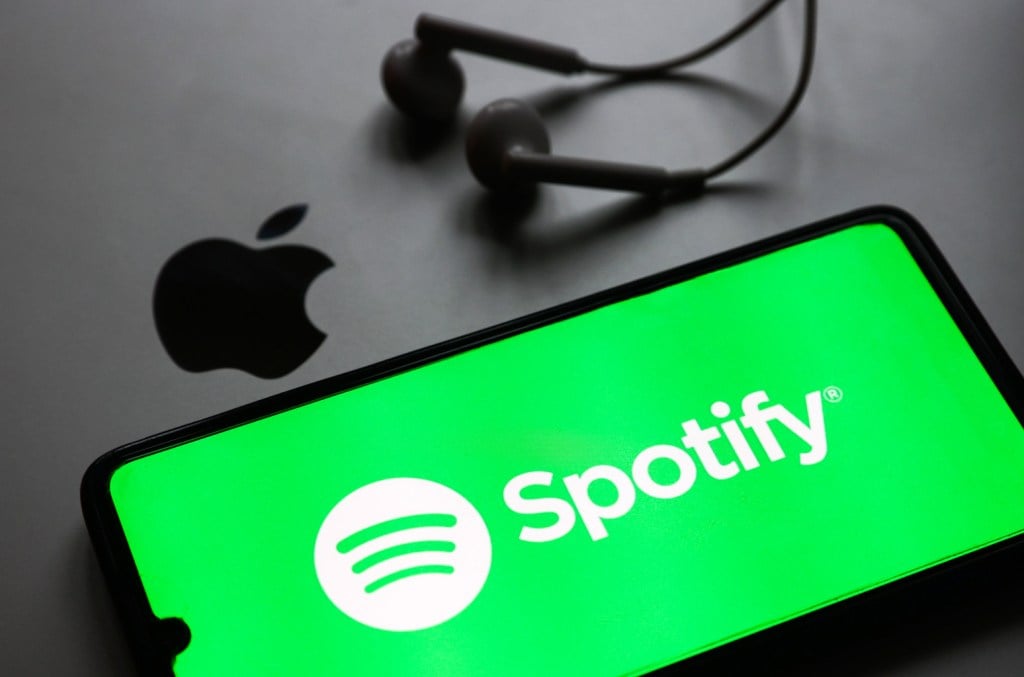When Bloomberg reported that Spotify would be upping the cost of its premium subscription from $9.99 to $10.99, and including 15 hours of audiobooks per month in the U.S., the change sounded like a win for songwriters and publishers. Higher subscription prices typically equate to a bump in U.S. mechanical royalties — but not this time.
By adding audiobooks into Spotify’s premium tier, the streaming service now claims it qualifies to pay a discounted “bundle” rate to songwriters for premium streams, given Spotify now has to pay licensing for both books and music from the same price tag — which will only be a dollar higher than when music was the only premium offering. Additionally, Spotify will reclassify its duo and family subscription plans as bundles as well.



Nothing. Because that was never really a thing. What you’re describing was/is just a hobby. And, like most hobbies, it’s small and niche relative to the industry as a whole. Most people were listening to music for free through radio since forever. Then TV was added into the mix. Paying for music, unless it’s a concert, is just not really a concept humanity is familiar with.
I agree that many people listened to music for free via radio but I’m skeptical that it was just a hobby? What about the Zune/iPod days? People went through more efforts to curate a library, no? Whether it was with music downloaded illegally, or actually paid for via iTunes…
It was rarely curated. You just listen to the radio, hear some cool tunes, buy the albums of the artists, the end.
That’s what I meant by curated! Taking the effort to buy some cool songs/albums you liked. Is there a connotation to “curation” that I don’t know about?
I think curation implies more depth and selectivity to the collection and perhaps a certain amount of active effort to obtain and maintain it. You’re talking about hearing a song you like on the radio and clicking “buy,” where the sort of person who would talk about their curated library would spend their weekends digging through crates looking for the final LP released on some random record label in 1985 they need to complete their collection of what is, to them, the pinnacle of early house music as released in Yugoslavia prior to the fall of the USSR. Even if it’s not as hyper-specific as that example, I would expect them to at least have things meticulously tagged and organized.
That’s fair. But then what is the word for what I am talking of? Just simply “collecting”? But could that also have a connotation of a person who’s into collecting music as a hobby, like what you’re saying for “curated”?
I wouldn’t really say it’s anything beyond normal consumption, just like I wouldn’t say someone who buys a hat or jersey once every few years when they see a sporting event live has a sports memorabilia collection. Sure, technically, any quantity of something united can count as a collection, but I think plenty of purchasing just falls within the normal bounds of average consumption and doesn’t rise to the level of meriting a special term for it.
I think people who care about music make some false assumptions about people that kind of don’t. It’s like the xkcd about quartz: https://xkcd.com/2501/